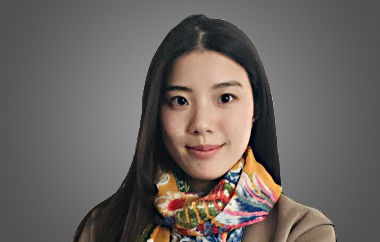PhD Student in Astrophysics and Atmospheric Physics, Technical University of Denmark, Denmark
Research focus: cosmic rays and aerosols in the Earth’s atmosphere and their role in cloud formation
Atmospheric models are needed to better study climate change. Clouds and aerosols and their complex interactions cause large uncertainty in any of these models. Aerosols affect a cloud’s lifetime and composition since some of them serve as cloud condensation nuclei. Therefore, the Earth’s radiation balance is significantly affected by aerosols of anthropogenic and natural origin.
Over the last decades there have been many progressions in the understanding of aerosols and their climate effects, and atmospheric models have been improved. However, formation processes of clouds and their interaction with aerosol particles are still weakly understood. A recent study is indicating the role of ionisation retrieved from a connection among solar activity, aerosols, and clouds, which might be essential for further understanding of the underlying mechanisms.
Haruka’s research approach combines the viewpoints of meteorology and astrophysics. Astrophysics normally deals with solar variation and orbit wobbles which are main reasons for the long-term climate change. But in the light of these new findings it cannot only help to distinguish the overlapping effects of long-term climate change and of human-induced climate change. In this respect, her research creates a new viewpoint on cloud-aerosol formation under the influence of ionisation mechanisms.
Haruka also wants to develop a new perspective in the remote sensing methods for saving people from natural disaster through analysing global weather data and to improve the predictions of solar radiation for solar power plants by taking better account of the role of aerosols in her future career.
Haruka has attracted positive attention of the jury as a natural scientist with a highly relevant topic that plays a vital role in the context of climate change. The jury was also impressed with her international orientation and her social engagement.
Take a look at this video that briefly introduces Haruka and her research:






